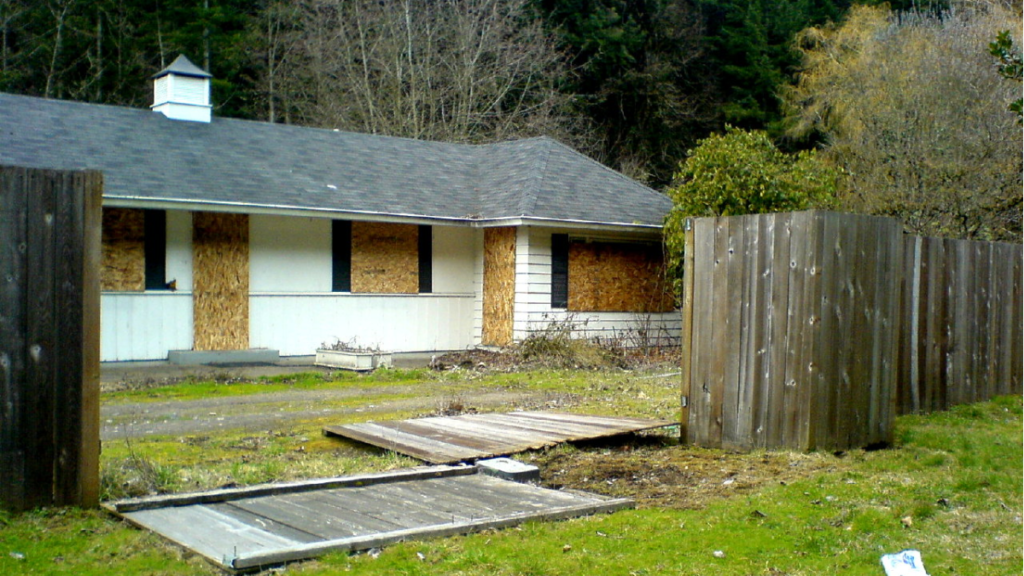Homebuyers are now looking at foreclosures to acquire a new home as cheaply as possible and avoid the hefty costs of buying a new house.
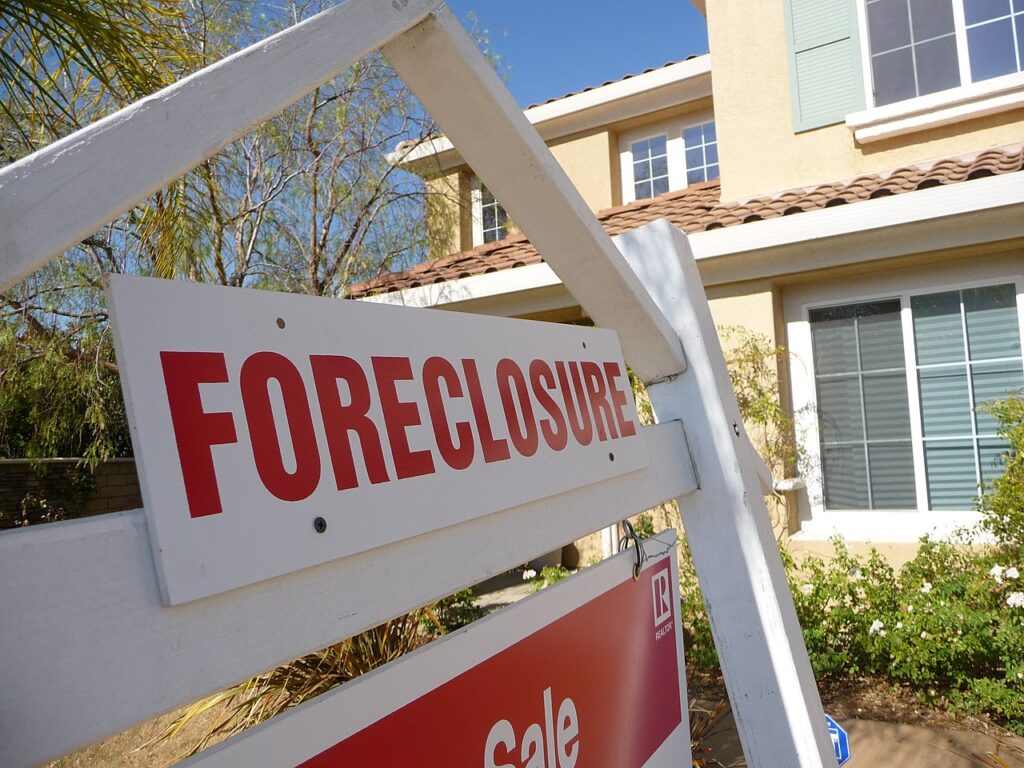
Foreclosures are becoming quite common as more and more homeowners default on their mortgage repayment. So, on the authority of the mortgage agreement, lenders would often repossess the house and auction it off.
The Housing Crisis Is Making Foreclosures Attractive
The recent peak of reported foreclosure incidences was during the 2008 financial depression. The closest that the US has gotten to that was the pre-pandemic wave of home foreclosures.
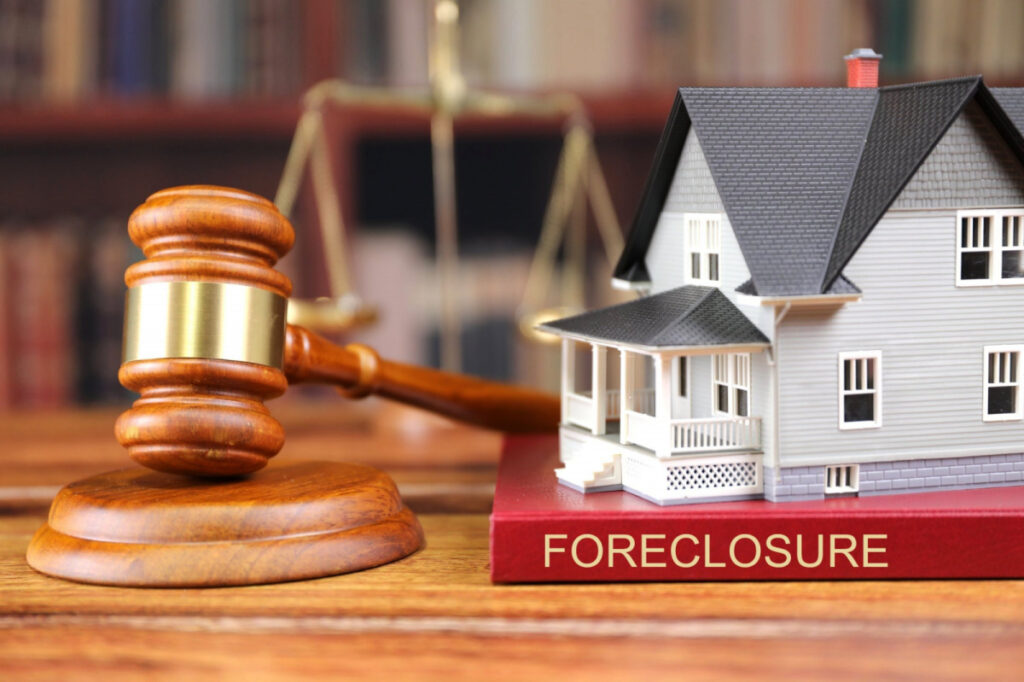
However, a 2023 Q3 report on the US Foreclosure Market suggests that activities are starting to pick up again in that market.
It’s Not As Bad as Some Years Ago
While foreclosure activities have been rising lately, indicating that more people are defaulting on mortgage repayments, the National Association of Realtors (NAR) posits that it is still relatively low.
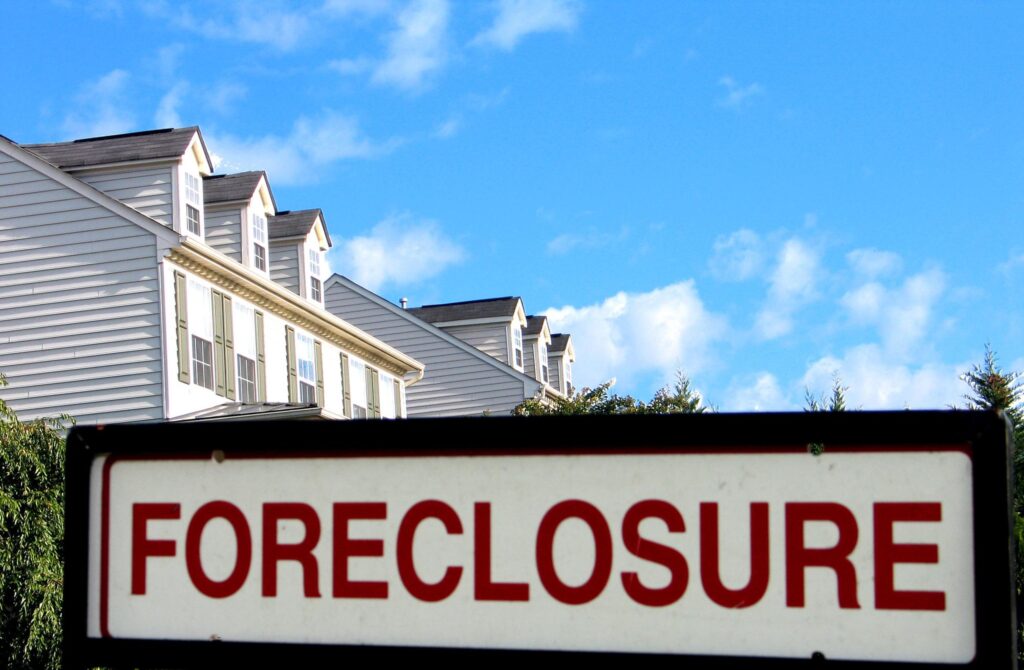
According to Lawrence Yun, NAR’s senior vice president and chief economist, recent foreclosure figures are “very unlike 2008 through 2012, when a massive foreclosure wave was depressing home values.”
Foreclosures Are Houses Sold at a Discount, but…
Most foreclosed homes are sold at prices less than their actual market value. This price cut often makes such homes affordable for some homebuyers.
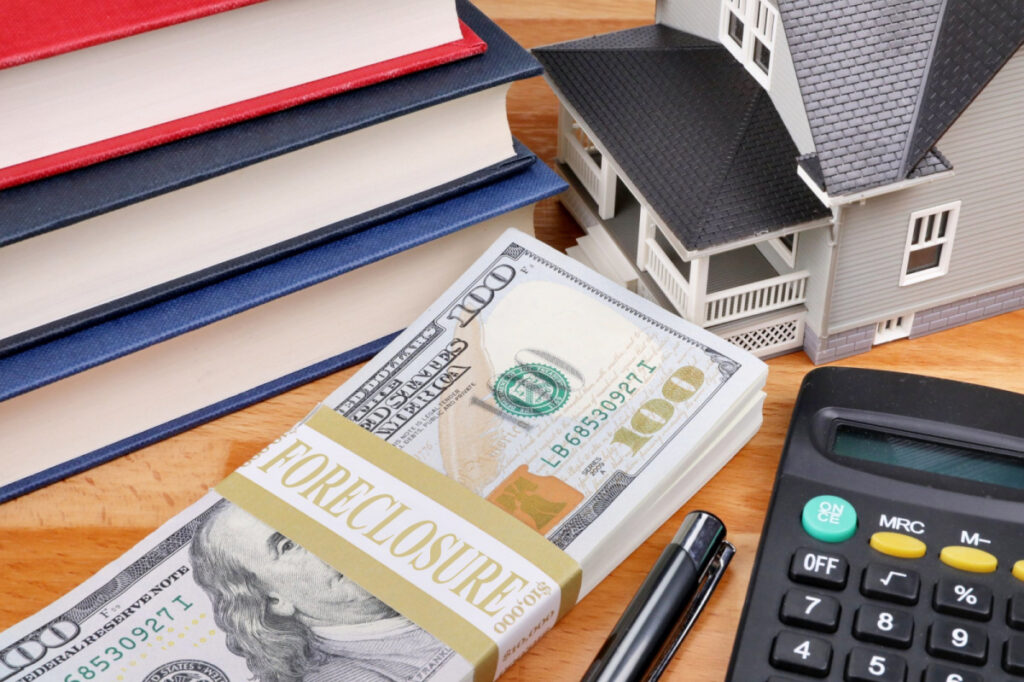
However, there is usually more to buying foreclosed homes than just swooping in for discounted prices. It is necessary to understand the pros and cons of buying foreclosures.
Foreclosed Homes for Dummies
Now, to the basics. A foreclosed home simply means the ownership of a house has changed hands.
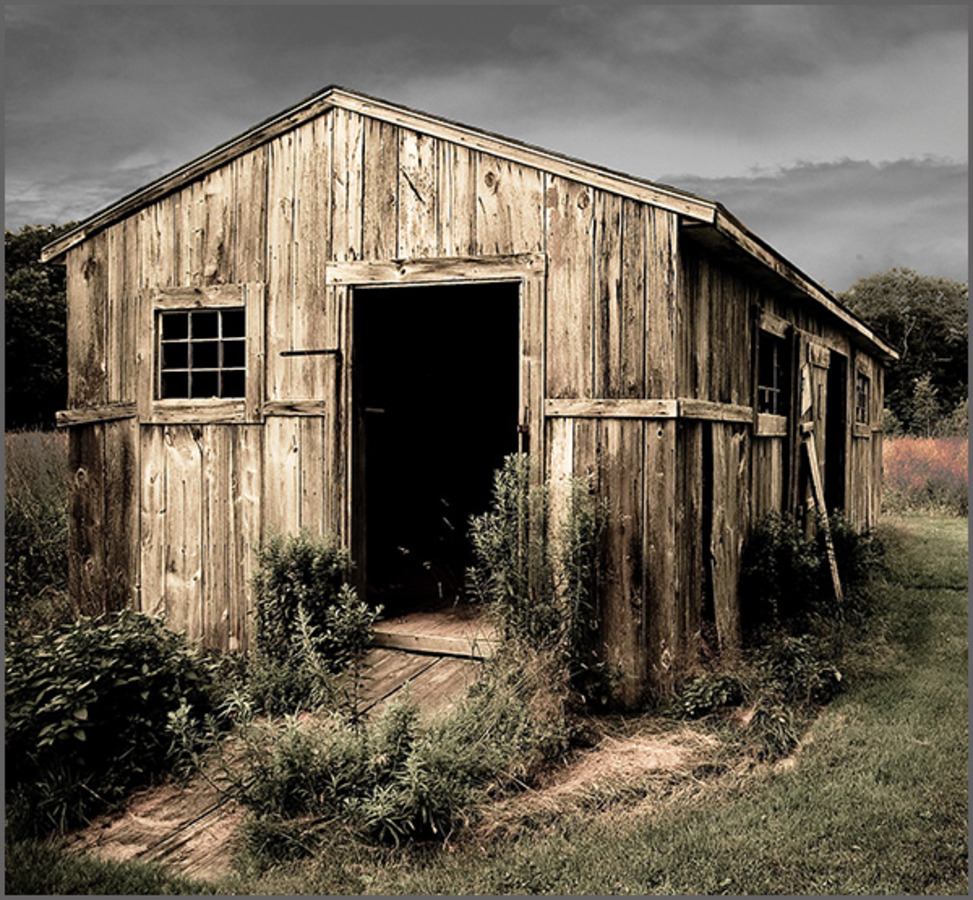
The mortgage lender proceeds to repossess the house when it has been proven that the homeowner can’t make good on their mortgage repayment. Mortgage lenders often leave an allowance of three months before foreclosing the property of a defaulting homeowner.
Mortgage Lenders Trying To Avert a Business Loss
What happens after the mortgage lender repossesses the property of a defaulting homeowner is quite simple. The lender cuts their losses by selling off the house at less than its market value.
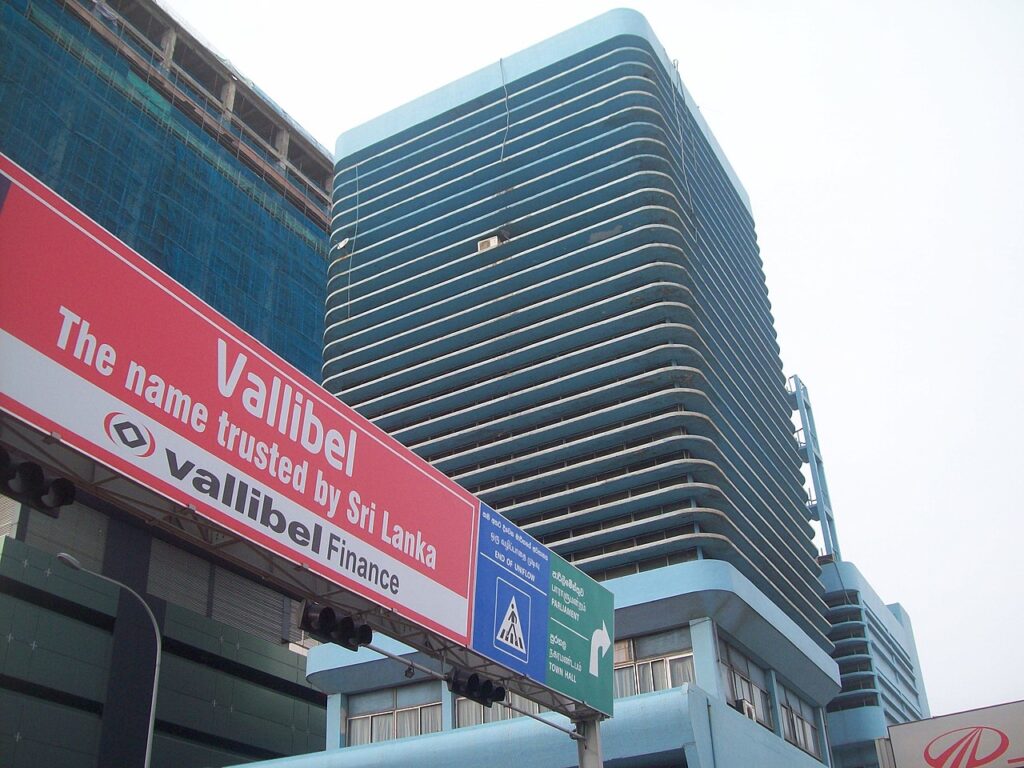
The mortgage lender’s goal during the liquidation of a foreclosed property is not to make an oversized profit. Instead, they are simply out to sell the property as soon as possible.
Expert Insights On Foreclosures
David Reiss, the research director of the Center for Urban Business Entrepreneurship at Brooklyn Law, will walk us through the various ways of buying a foreclosed property.

However, Reiss clarifies that a person’s experience buying a foreclosed property depends on who they buy from. You can buy a foreclosed house from the bank handling the mortgage, from a government auction, or the homeowner.
Buying From the Homeowner as a Pre-Forclosure
No banks or government housing agencies are involved in a pre-foreclosure; it’s just you and the homeowner. Usually, if a homeowner is putting up their house for a pre-foreclosure or short sale, the property has not been foreclosed yet.
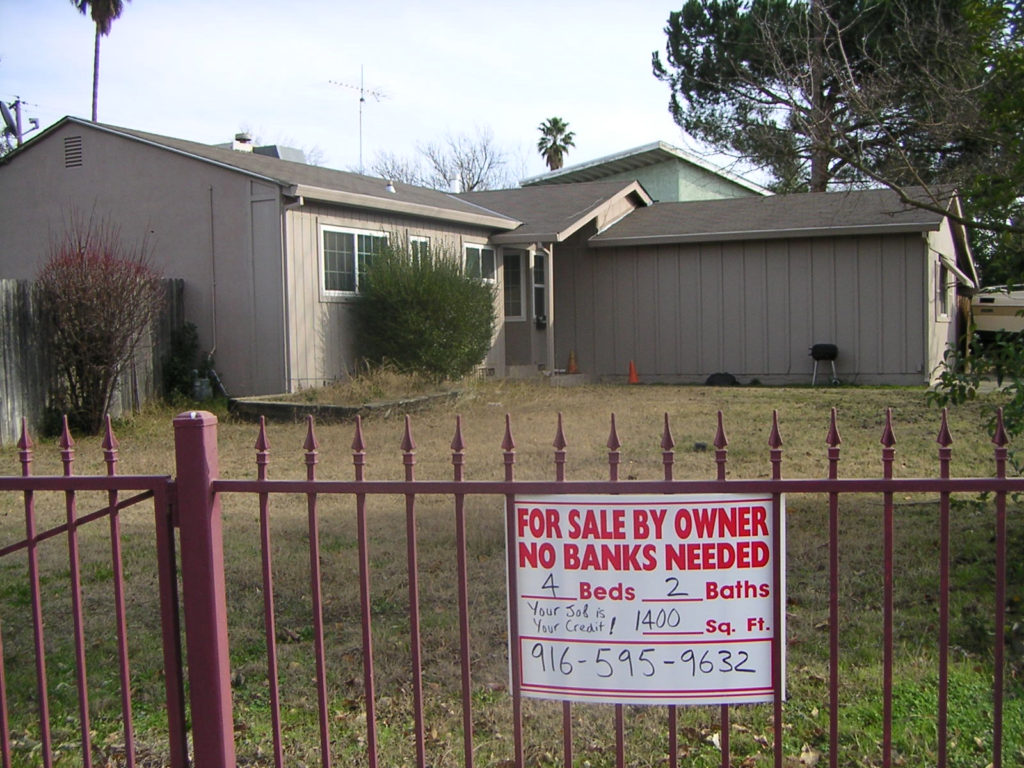
A short sale means the new buyer will pay the debt owed on the property, but the lender would agree to a significant discount. A short sale transaction may take up to 120 days.
Buying a Foreclosure at an Auction
Prospecting at an auction implies buying a foreclosed property with ‘all its baggage.’ With the upfront paucity of information about the additional expenses and liens that come with the property, purchasing a foreclosure at an auction can be risky.
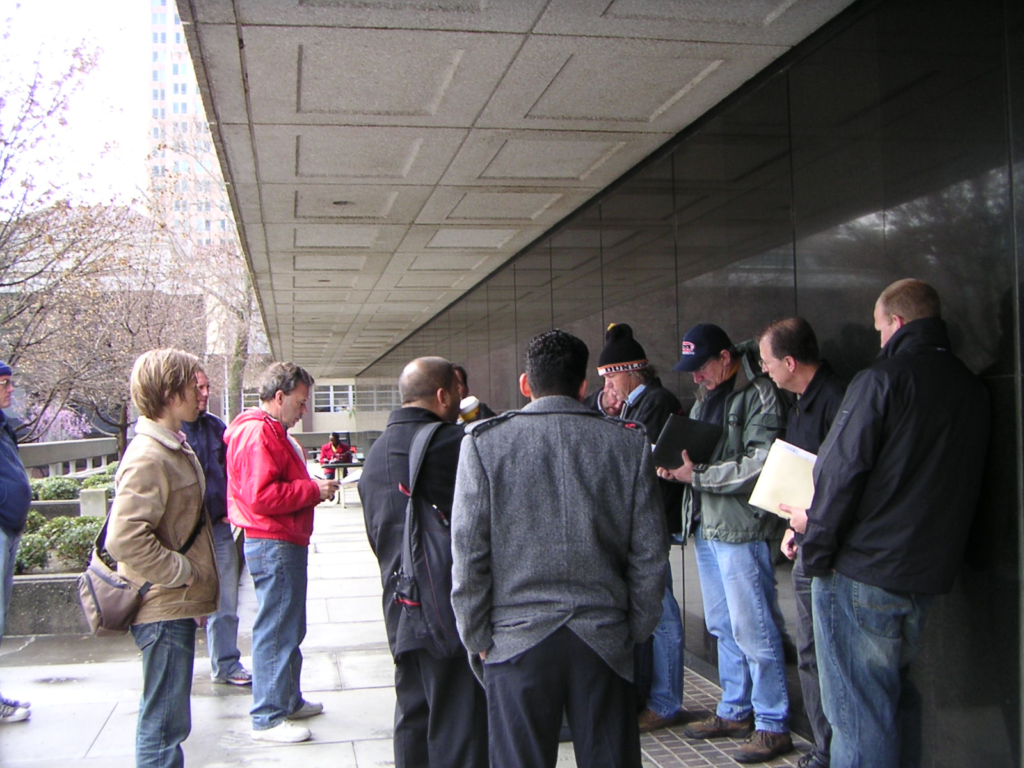
Nonetheless, if you are willing to take the bet, endeavor to have the necessary cash handy, as down payments are often immediate.
Buying Foreclosures From a Bank
Foreclosed properties often become the responsibility of the involved banks once they fail to sell at auction. The bank then places the property on its ledger and tries to sell it as its own.
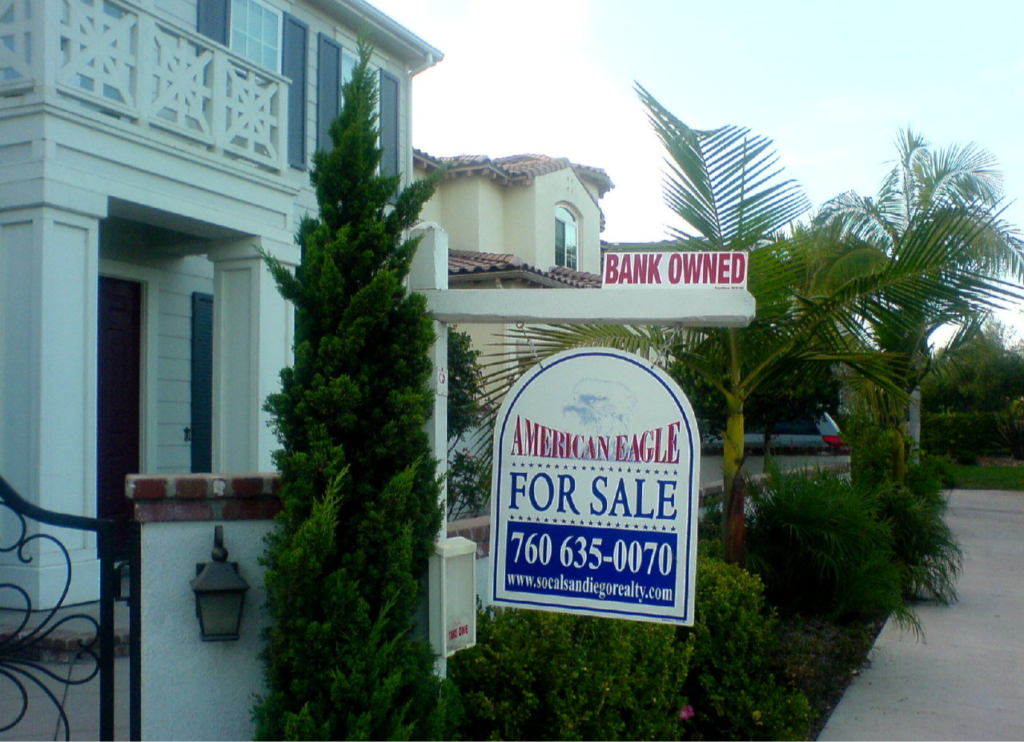
Buying a foreclosure owned by a bank may ease your burden of obtaining a loan with fair interest rates from the same bank. However, most banks will often refuse to issue such loans.
Buying a Government-owned Foreclosure
According to Professor Reiss, buying a foreclosure from the government is the safest route. He gives his reason for making this affirmation, which is that government agencies would often offer buyers a soft financial landing.
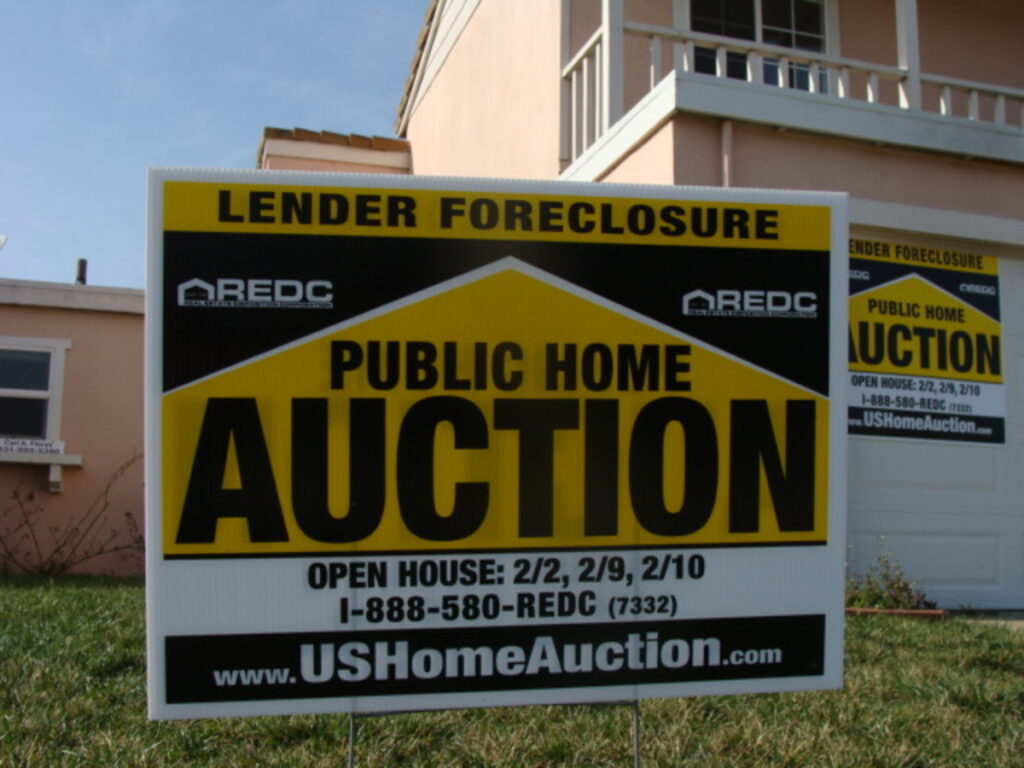
Government foreclosures usually come with buyer protection agreements and incentives. You may even get a government loan with unmatchable interest rates to fund the purchase.
Government Often Provides Incentives for Foreclosure Purchases
Most government foreclosures are on properties with government-sponsored mortgages for which the homeowner has defaulted. So, to keep the mortgage active and yielding returns, the government puts up the foreclosed property through initiatives like Fannie Mae’s HomePath.
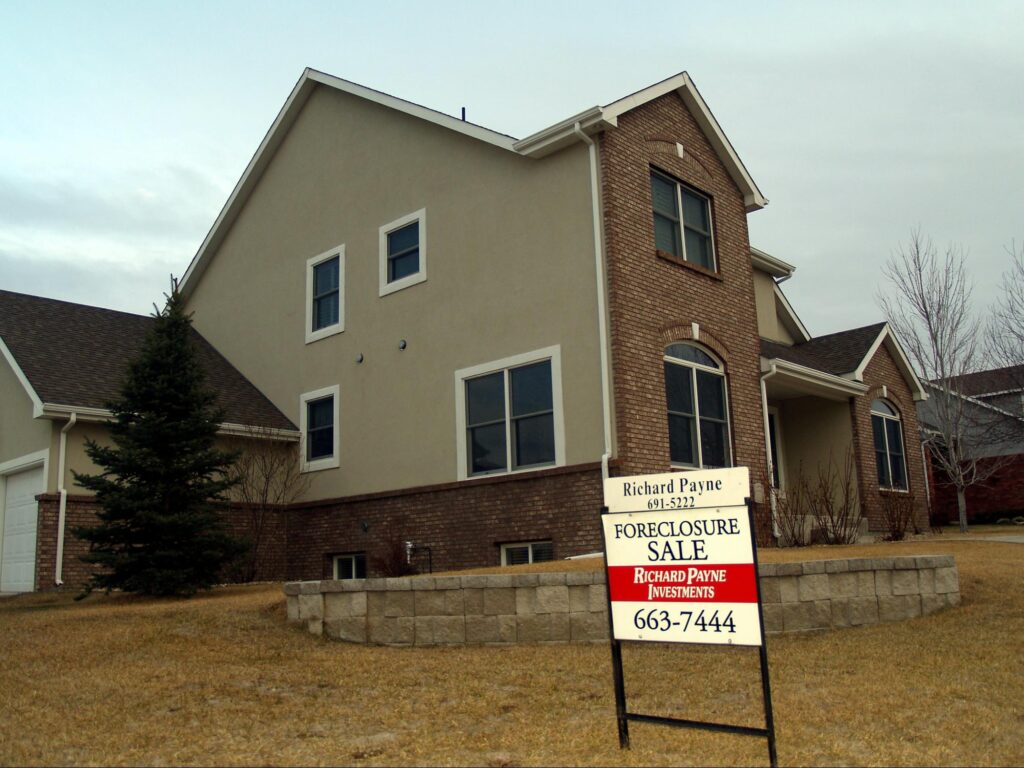
These government programs are so good that taking a homeowner education course may get you 3% off your closing cost.
First Steps Before Buying a Foreclosure
We are discussing a major purchase here, not a trip to the grocery store. So, weigh your financial odds before plunging in. Also, assess your budget and liquidity, as some foreclosures require a sizable downpayment.
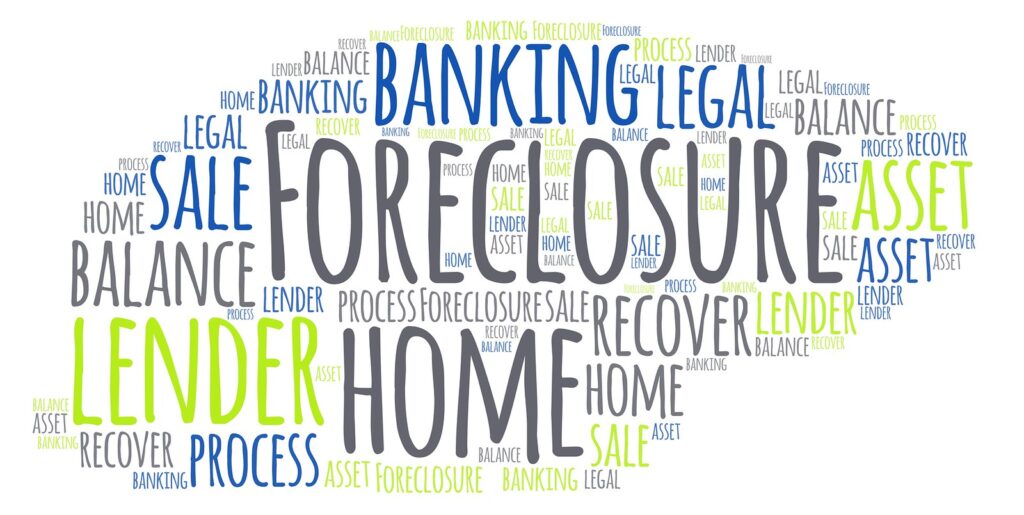
If you plan to fund the foreclosure purchase with a loan, a good credit score would make the going easy.
Consult a Real Estate Broker and Do Some Personal Research
Foreclosed properties are the specialty of some real estate agents, with some having NAR certifications. So, avail yourself of their services to assess the risk of the foreclosure you are prospecting.

Some due diligence is also necessary on the buyer’s part. Search for foreclosed properties online from sources like Zillow, HomeSteps, and HomePath.
Best Way To Finance a Foreclosure
Experts familiar with the foreclosure market say it is better to finance purchases with cash. The market is quite competitive, and real estate investors exploit it heavily, intending to flip houses for a profit.

So, Yun posits that buyers who have little cash to spend can scoop up the best foreclosure deals around the country.
Going the Loan Route
If you have found a good foreclosure to buy, it is important to obtain a pre-approval, like you would when purchasing a new house. The pre-approval is usually provided by your mortgage lender, either private or government.
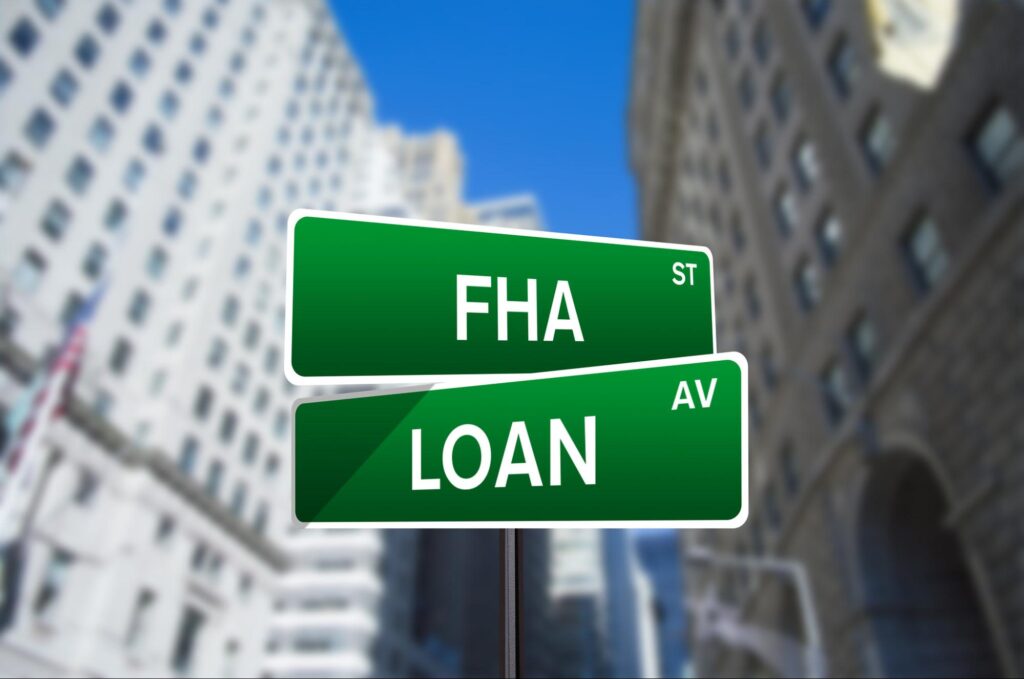
Next, you may consider loans like the FHA 203(K), tailored for foreclosure purchases and even provide additional funds for expenses like renovations and repairs.
Order of Events for a Foreclosure Purchase
Once the finance, pre-approval, and market research for a particular foreclosure have been perfected, you may then proceed to officially show interest in buying the property. Once again, how this would be done depends on who you buy from.
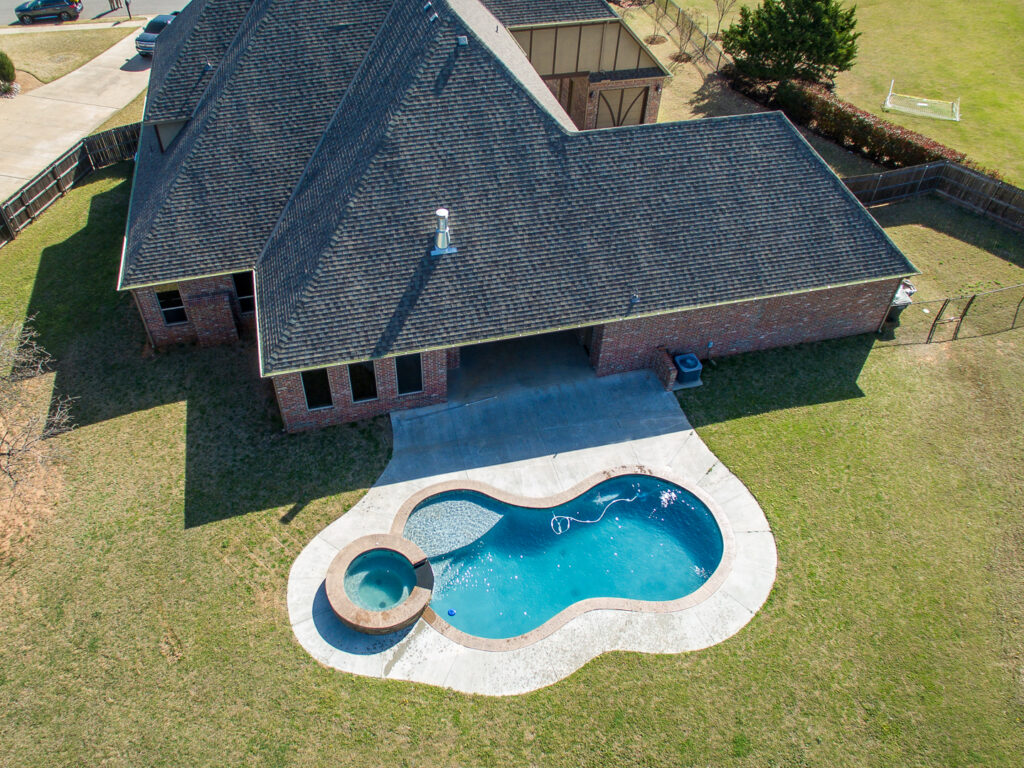
Auctions have price benchmarks that the buyer must adhere to. However, for the other types, your agent can help you decide the advisable price to offer upfront.
All that Glitters Is Not Necessarily Gold
The sticker price of a foreclosure may be higher than the food price on a restaurant’s menu. Additional costs, like repairs and renovations that cannot be avoided, may accrue after the initial purchase.
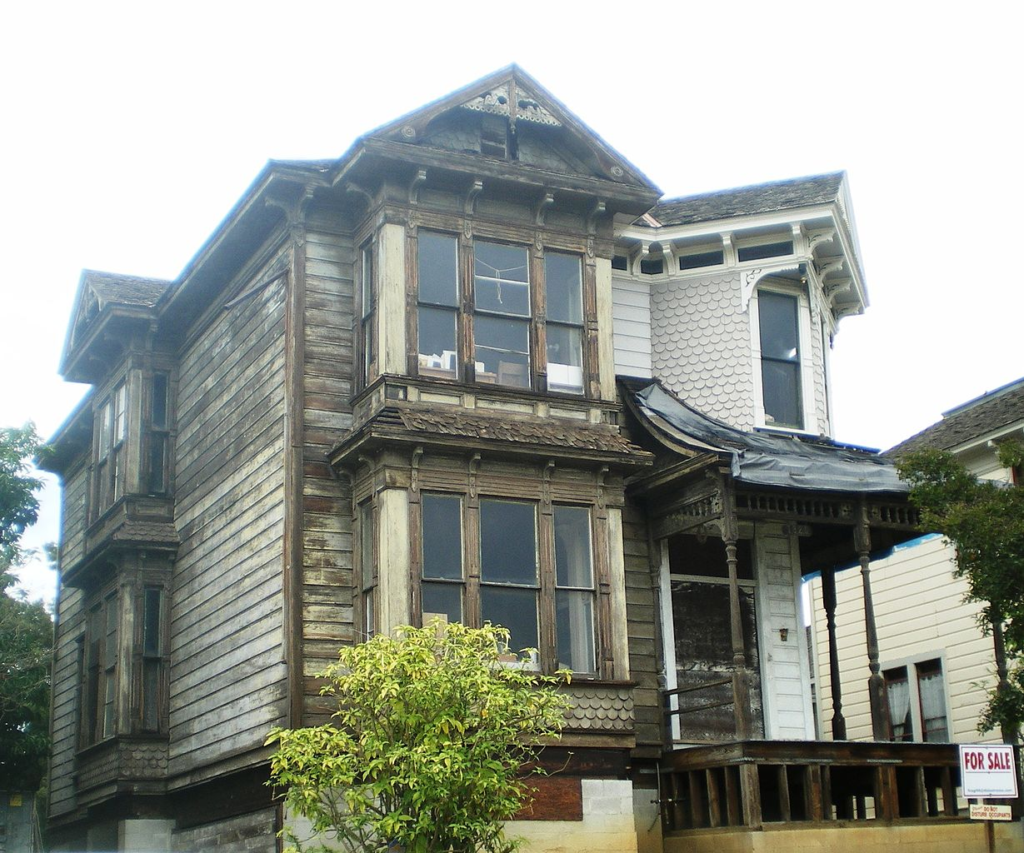
So, the state of the property and the projected expenses after purchase must be factored into the offer the buyer would make.
How To Always Win at Foreclosures
Buying a foreclosure could be a bit of a gamble, as all the variables involved in such transactions are not necessarily open. However, there are some ways to make the odds to your advantage.
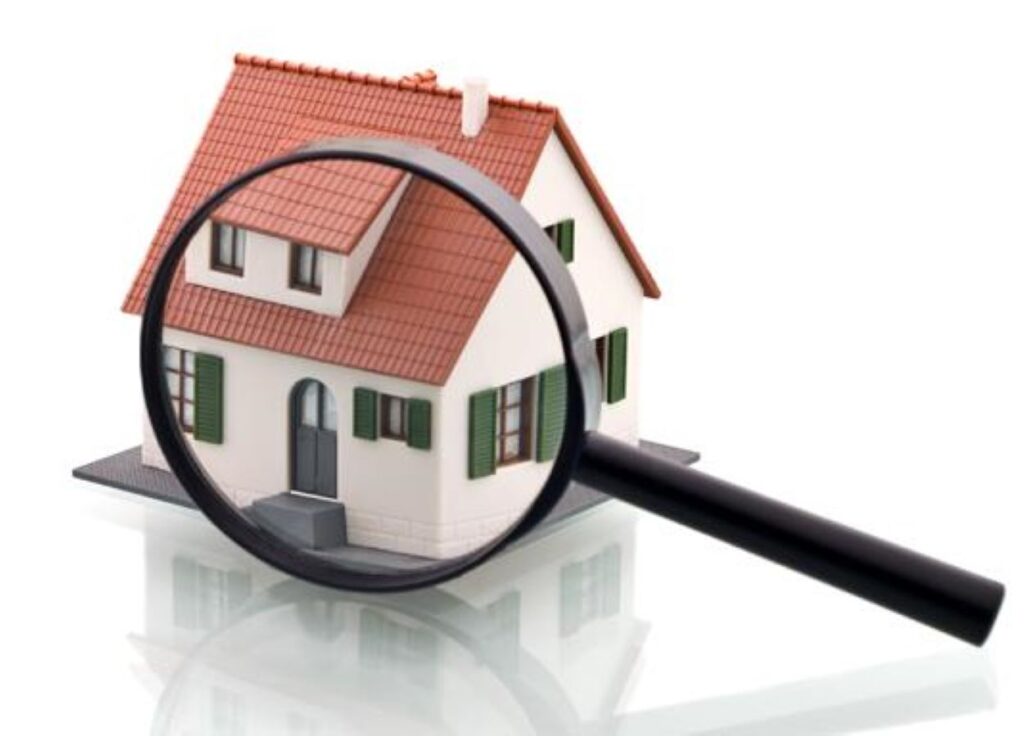
For example, you can insist on an inspection before making your initial offer. Banks have a disclosure policy for foreclosures in their inventory. However, such assurances are not available in a short sale.
What if Inspections Are Not Allowed?
Some foreclosures don’t allow inspections. Adding the extra expense of getting an agent to do house tours may be too much of a hassle for the mortgage lender.
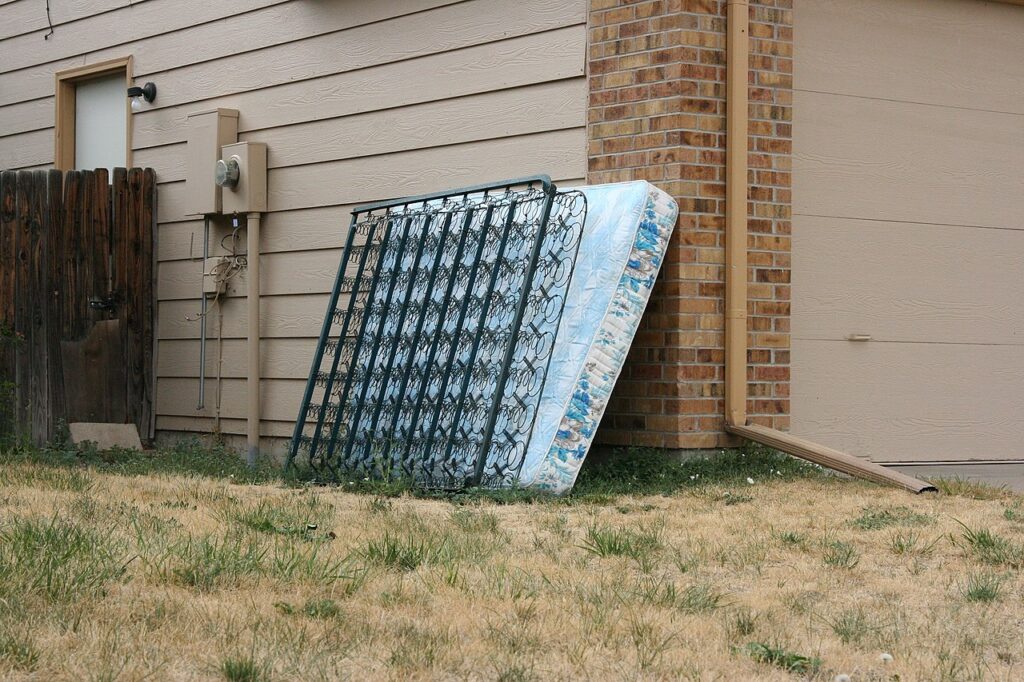
You can visit the county tax office to check public information about the property. Information like tax liens, additions to the property, previous sales, etc., will give you an idea of its viability.
Do a Non-Intrusive Inspection
While snooping around the property without permission would be illegal, you can still assess from a distance. If it’s a home with its building not very far from the curb, you can check the health of the building from afar.
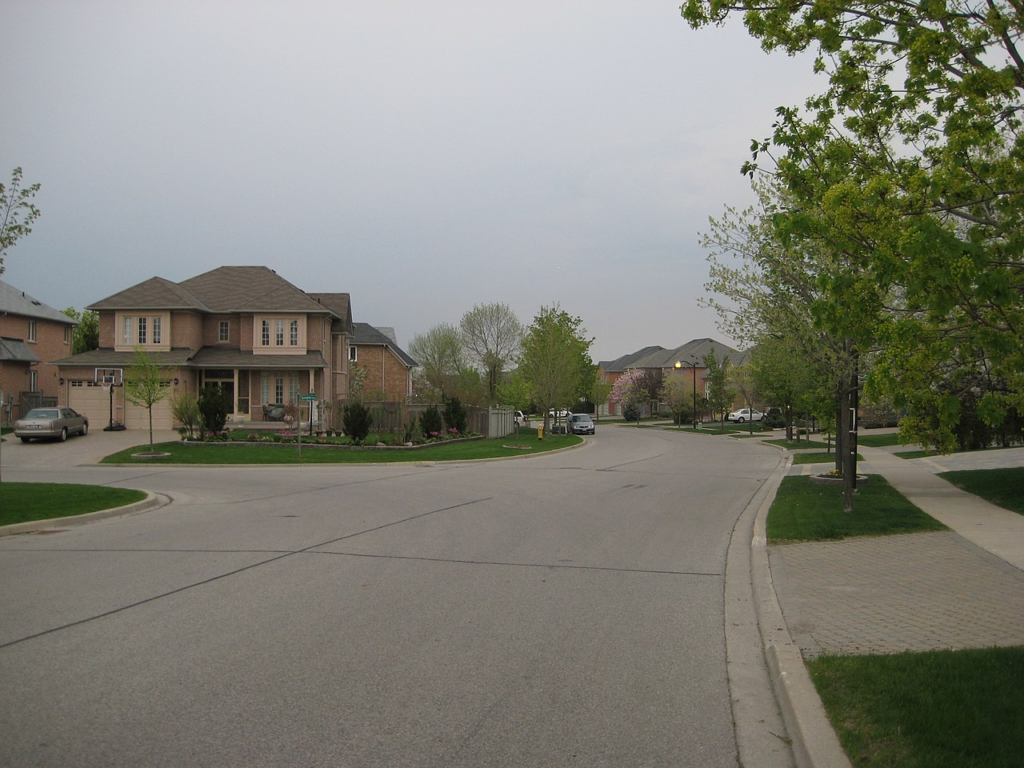
If neighbors and previous owners are open enough, you can confide in them about how long the last owner stayed there and how well it was maintained.
Prepare for Eventualities
Even after doing all the necessary checks about the state of the home, it is still necessary to set aside some money for unforeseen expenses.
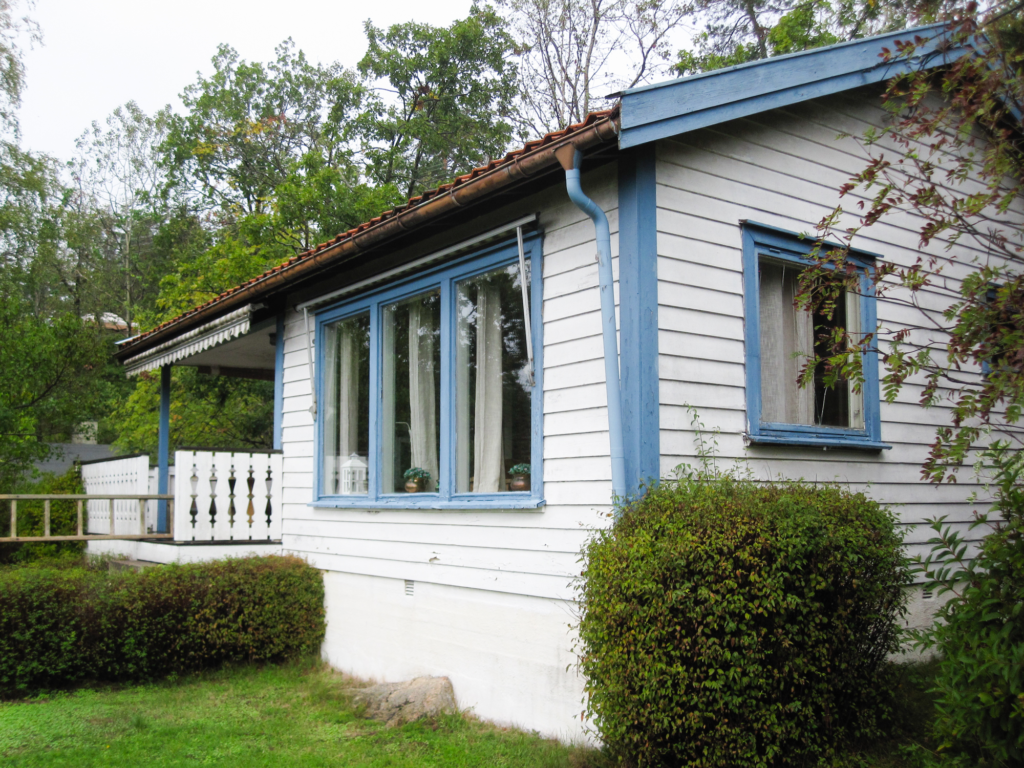
For example, Yun said, “Often, the land value may be more than the property structure, so it’s worth considering whether to completely demolish and rebuild.” So, be prepared.
Necessity of Experienced Help Cannot Be Over-emphasized
Get an experienced real estate agent to avoid uncertainties and anxiety. Someone just learning the ropes won’t cut it, and you may lose your hard-earned money for a tumble-down shack.

Also, a foreclosure purchase can be a lengthy process. Irrespective, an experienced agent will know when, for example, a bank is taking ages to respond to your offer. So, it becomes easy to balance patience and proactiveness.
Overall, Are You Cut Out for a Foreclosure?
If there are no sentimentalities involved in you buying a foreclosed property, maybe it once belonged to your grandparents, you may want to go the easy route of buying a regular home.

However, if you can withstand the bottlenecks and accompanying stresses, your forbearance can yield discounts of as high as 15%.
Foreclosures, a Risk Worth Taking?
If you are into real estate investment, buying foreclosures requiring a lot of repairs and renovations could be a walk in the park.
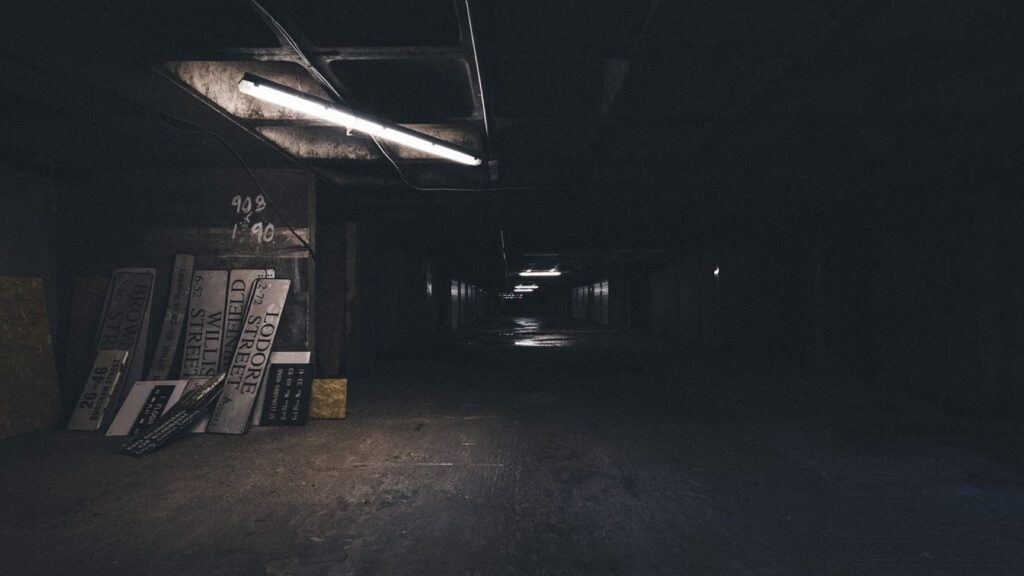
However, it is good to remember that you may win some and flop on others when it comes to foreclosures. The ability to get a great bargain on foreclosure deals depends on how much research the buyer is willing to do.

